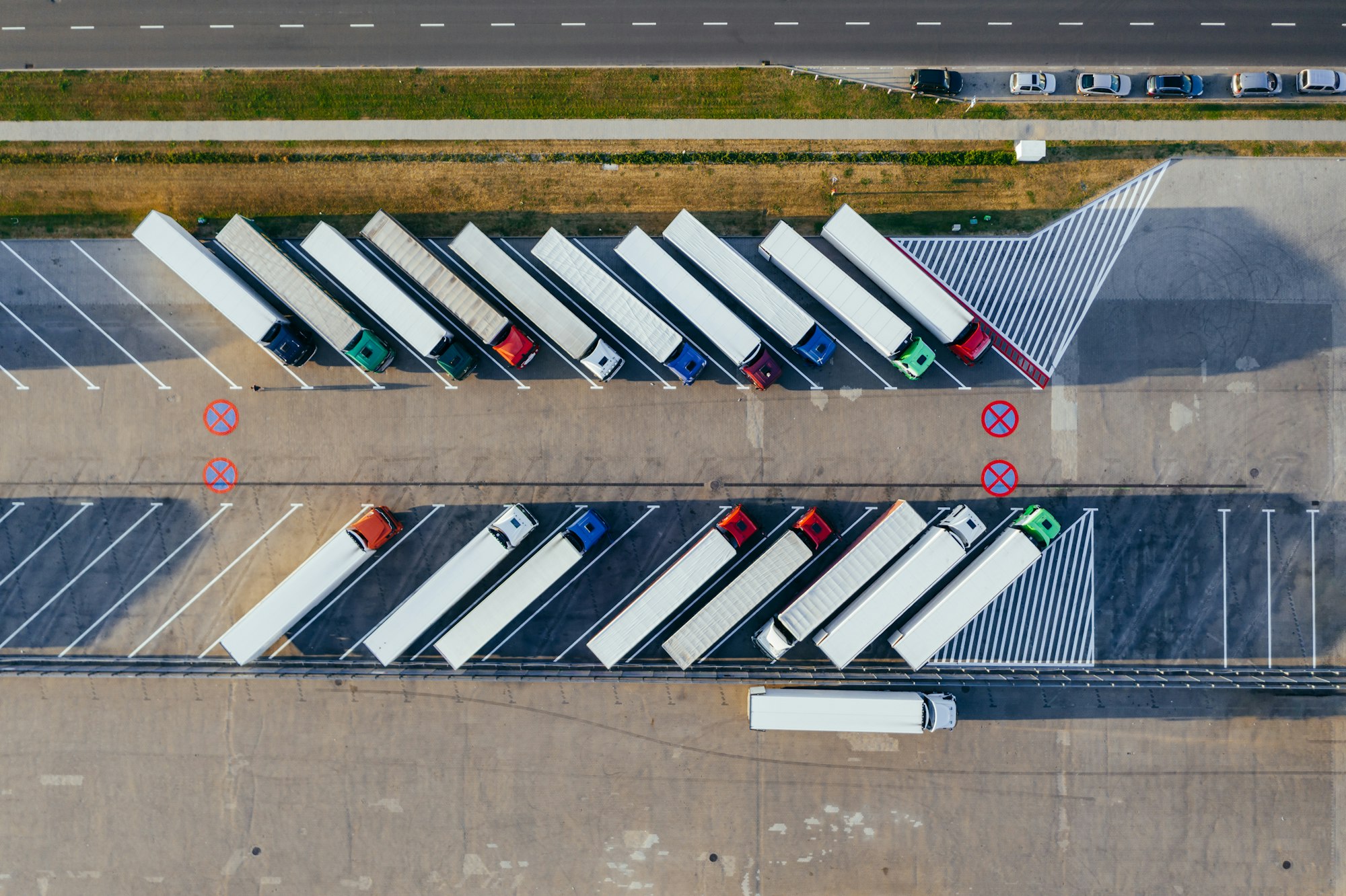Data is essential for decarbonising supply chain logistics

Trucking in automotive supply chains contributes up to 11% of global greenhouse gas emissions, according to a study by the Massachusetts Institute of Technology. Medium- and heavy-duty commercial vehicles have a high environmental impact relative to fleet sizes, representing a small percentage of vehicles but a large percentage of emissions. Decarbonising the supply chain is a major challenge in reducing automotive emissions.
Source: Link
Frequently Asked Questions
1. Why is data important for decarbonising supply chain logistics? Data enables companies to track and analyze their carbon emissions, identify areas for improvement, and make informed decisions to reduce their environmental impact. 2. How can companies use data to reduce their carbon emissions in the supply chain? Companies can use data to identify inefficiencies, optimize routes, improve energy usage, and make sustainable choices in their supply chain operations. 3. What are some examples of data-driven solutions for decarbonising supply chain logistics? Examples of data-driven solutions include using predictive analytics for demand forecasting, implementing smart logistics systems, and utilizing IoT sensors for real-time monitoring. 4. What challenges may companies face when implementing data-driven initiatives for decarbonisation? Companies may face challenges such as data privacy concerns, integration of different data sources, technology investments, and change management within their organizations. 5. How can data help companies identify areas for improvement in their supply chain sustainability? Data allows companies to analyze their supply chain operations, identify inefficiencies or areas of high emissions, and implement targeted improvements for a more sustainable supply chain. 6. What role does technology play in collecting and analyzing data for decarbonising supply chain logistics? Technology plays a crucial role in collecting and analyzing large volumes of data, enabling companies to gain insights, track progress, and make data-driven decisions for decarbonising their supply chain logistics. 7. Are there any regulations or standards related to data collection and reporting for supply chain decarbonisation? Yes, there are various regulations and standards, such as the Carbon Disclosure Project (CDP), that provide guidelines and frameworks for companies to measure, report, and manage their carbon emissions in their supply chain. 8. How can data analytics help companies measure the environmental impact of their supply chain logistics? Data analytics can provide companies with insights into their carbon emissions, energy usage, waste generation, and other environmental factors, allowing them to quantify and measure the environmental impact of their supply chain logistics.

